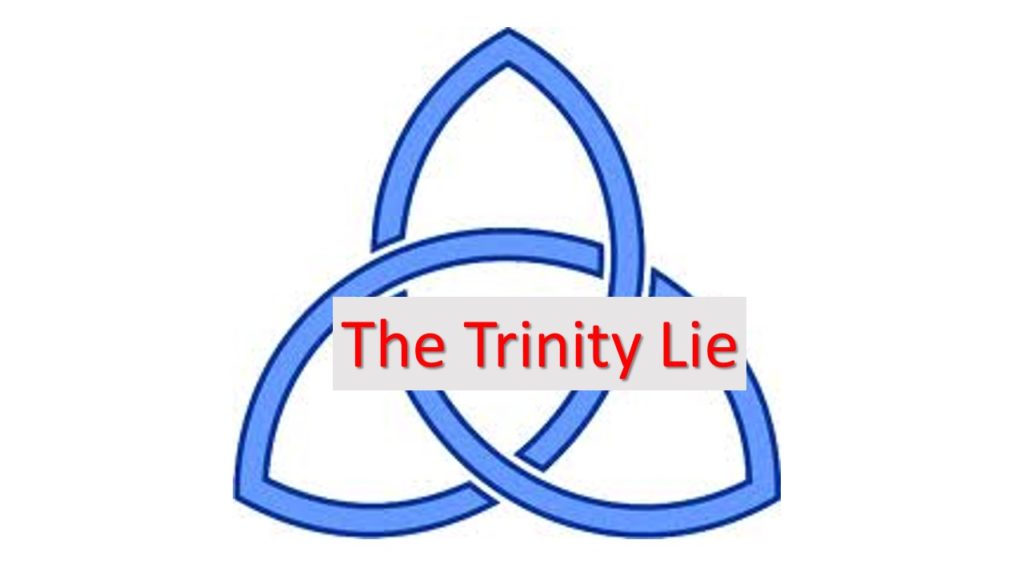REVELATION 4-5–GOD ALMIGHTY, JESUS SUBMISSIVE, HOLY SPIRIT NOT A PERSON
Trinitarians claim that God, Jesus, and the Holy Spirit are all three equals persons within a supposed “Godhead”. But, the scriptures prove otherwise.
“Instantly, I came under the Spirit’s power. I saw a throne in heaven and someone was sitting on it”—Revelation 4:2 GWT
This verse shows us that the Holy Spirit is not a person, but God’s power, as John comes under its influence. As will be shown in this vision, God is sitting on the throne.
“In front of the throne, seven lamps [“the sevenfold Spirit”–margin] were blazing. These are the seven spirits [“the sevenfold Spirit”–margin] of God”—Revelation 4:5 NIV
 The book of Jude was written by Jesus’ half brother Jude some three decades after the start of Christianity. At this stage, we would expects to find some mention of the doctrine of the Trinity, if it is true. But, just like the rest of the scriptures, there is no mention of a Trinity in Jude.
The book of Jude was written by Jesus’ half brother Jude some three decades after the start of Christianity. At this stage, we would expects to find some mention of the doctrine of the Trinity, if it is true. But, just like the rest of the scriptures, there is no mention of a Trinity in Jude.


 The Bible’s final book, Revelation, predicts the future for the Church and humankind. The Trinity doctrine is said to be the main doctrine of Christianity, so we would expect to find the Trinity in Revelation, if the doctrine is true. The very first verse of the Book of Revelation gives us a clue as to the answer to the question of whether the Trinity doctrine is in Revelation:
The Bible’s final book, Revelation, predicts the future for the Church and humankind. The Trinity doctrine is said to be the main doctrine of Christianity, so we would expect to find the Trinity in Revelation, if the doctrine is true. The very first verse of the Book of Revelation gives us a clue as to the answer to the question of whether the Trinity doctrine is in Revelation:

